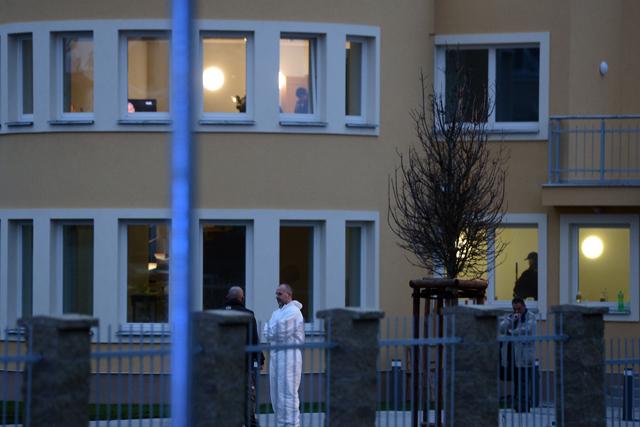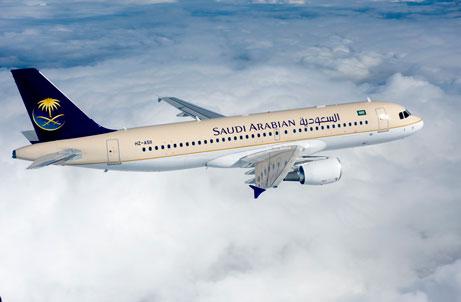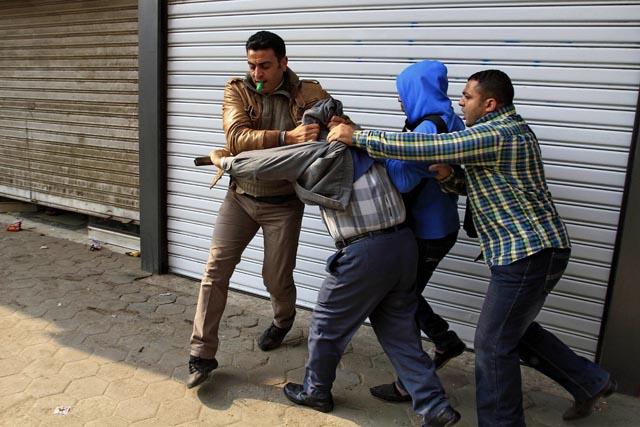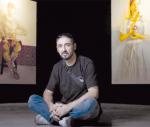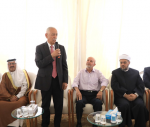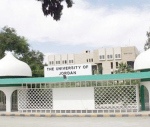JUBA –– Government forces and rebels fought fresh battles across South Sudan on Sunday, vowing to step up their offensives as regional peace brokers struggled to get ceasefire talks off the ground.
With the nation teetering on the edge of all-out civil war less than three years after gaining independence from Khartoum, Sudan’s President Omar Bashir was expected in the capital Juba Monday for talks with his counterpart Salva Kiir.
After a night of heavy gunfire in Juba, more residents could be seen trying to get transport south to Uganda, adding to the nearly 200,000 people who have already been displaced by the three-week-old conflict.
Army spokesman Philip Aguer also reported ongoing clashes in oil-producing Unity and Upper Nile states in the north, saying that government forces were advancing on the two state capitals of Bentiu and Malakal, currently in rebel hands, as well as Bor, capital of Jonglei State just north of the capital.
“The SPLA [Sudan People’s Liberation Army] forces are advancing from the northern part of Bentiu. We will try to do our constitutional duty... sooner or later our target is Bentiu,” Aguer told reporters.
“It’s a matter of time, our forces are advancing towards Bor,” he said, claiming that the rebels “realise they are fighting a useless war” and saying government forces were a mere 15 kilometres from the town.
Rebel spokesman Moses Ruai, however, insisted that it was anti-government fighters who were advancing on the capital.
“Our forces are well organised. They are not just hit and run. The next target is now Juba but I cannot tell you exactly when they will attack Juba, but they are heading there,” he said.
The conflict in South Sudan erupted on December 15, pitting army units loyal to Kiir against a loose alliance of ethnic militia forces and mutinous army commanders nominally headed by Riek Machar, a former vice president who was sacked last July.
Machar denies allegations that he started the conflict by attempting a coup, and in turn accuses the president of orchestrating a violent purge.
Fighting now grips much of South Sudan, which won independence only in 2011. UN officials say they believe thousands of people have already been killed, and both sides are alleged to have committed atrocities.
UN peacekeeping bases have also been overwhelmed with civilians seeking shelter, many of them fleeing ethnic violence pitting Kiir’s Dinka community against Machar’s Nuer tribe.
Peace talks delayed
The renewed fighting came as East African diplomats struggled to get both sides, who have sent negotiation teams to the Ethiopian capital Addis Ababa, to start formal negotiations on a ceasefire.
Officials said the chief negotiators for both sides held another face-to-face meeting on Sunday, and had finally agreed on an agenda for the ceasefire negotiations –– which had been expected to begin earlier in the day only to be held up by what one official described as “protocol issues”.
South Sudan Information Minister Michael Makuei said the two sides were now waiting for IGAD –– the regional bloc brokering the talks –– to present a plan for the negotiations, which according to diplomats were now expected to get under way on Monday.
Sudan’s state-owned Omdurman radio announced that Bashir, who battled the SPLA for two decades before giving in to the south’s statehood aspirations, was due to “discuss the crisis in the South” with Kiir on Monday.
US Secretary of State John Kerry urged rival southern factions not to use the Addis talks for buying time.


